Matt Dickinson takes pupils to Mount Everest and back
18 Sep 2019
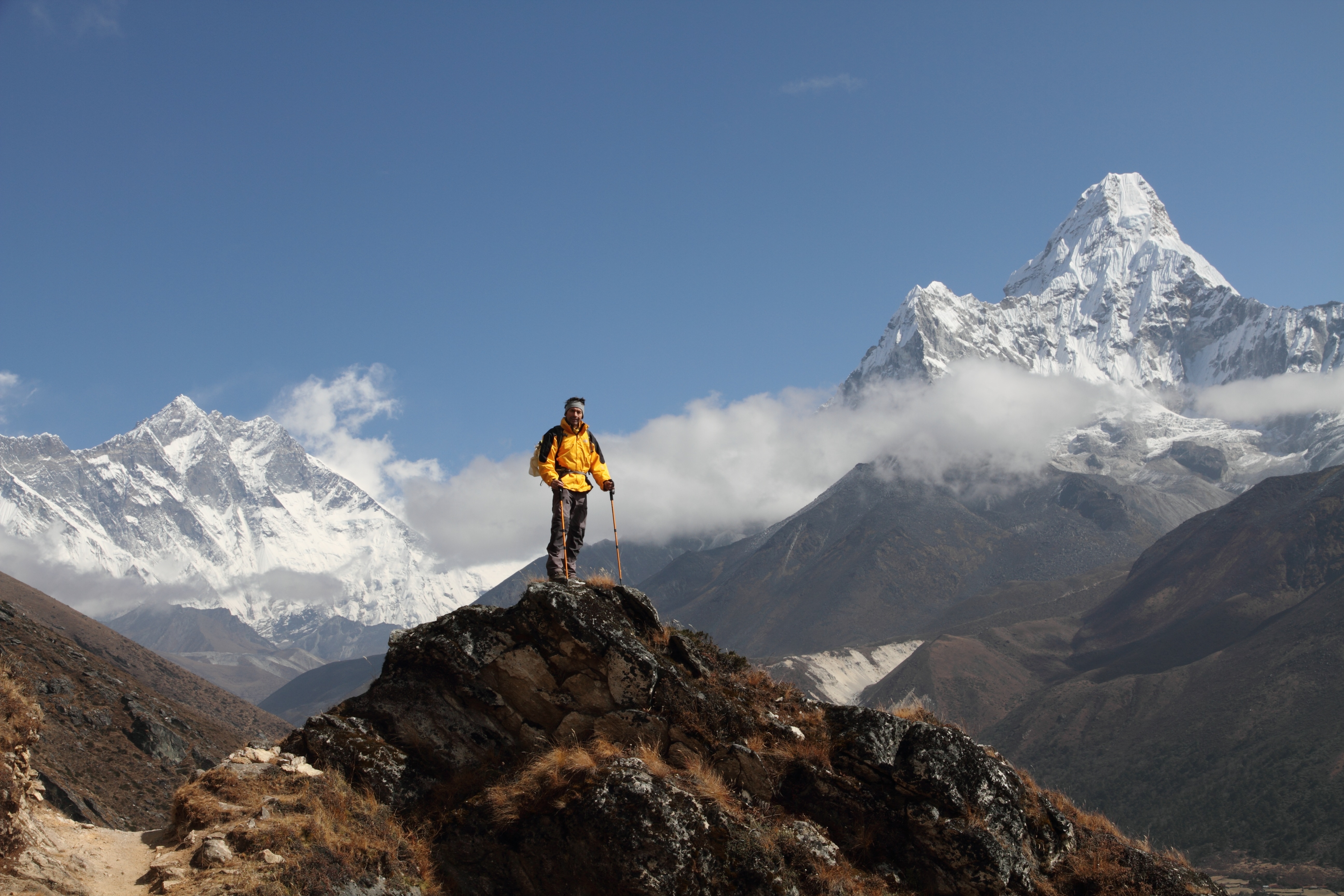 September 2-6 saw award-winning novelist and filmmaker Matt Dickinson join us for a weeklong visit full of presentations, discussions and creative writing workshops themed around Mount Everest and the importance of maintaining a sense of adventure in our lives.
Matt has written over a dozen highly acclaimed books of different genres, largely based on his exploits as a mountaineer. Prior to his writing career, Matt worked with National Geographic, the Discovery Channel and the BBC making insightful documentaries , and was responsible for the cinematography for the 2014 film, Searching for Nepal.
September 2-6 saw award-winning novelist and filmmaker Matt Dickinson join us for a weeklong visit full of presentations, discussions and creative writing workshops themed around Mount Everest and the importance of maintaining a sense of adventure in our lives.
Matt has written over a dozen highly acclaimed books of different genres, largely based on his exploits as a mountaineer. Prior to his writing career, Matt worked with National Geographic, the Discovery Channel and the BBC making insightful documentaries , and was responsible for the cinematography for the 2014 film, Searching for Nepal.
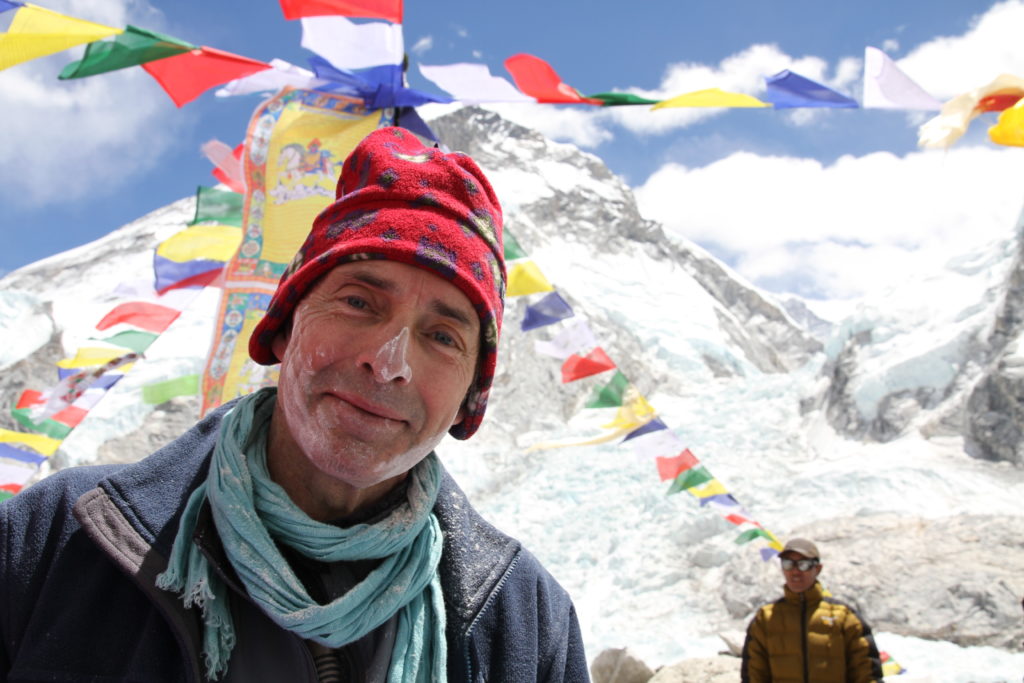 What made you want to share stories in both your writing and filmmaking careers?
What made you want to share stories in both your writing and filmmaking careers?
 What is the average age of your intended audience?
What is the average age of your intended audience?
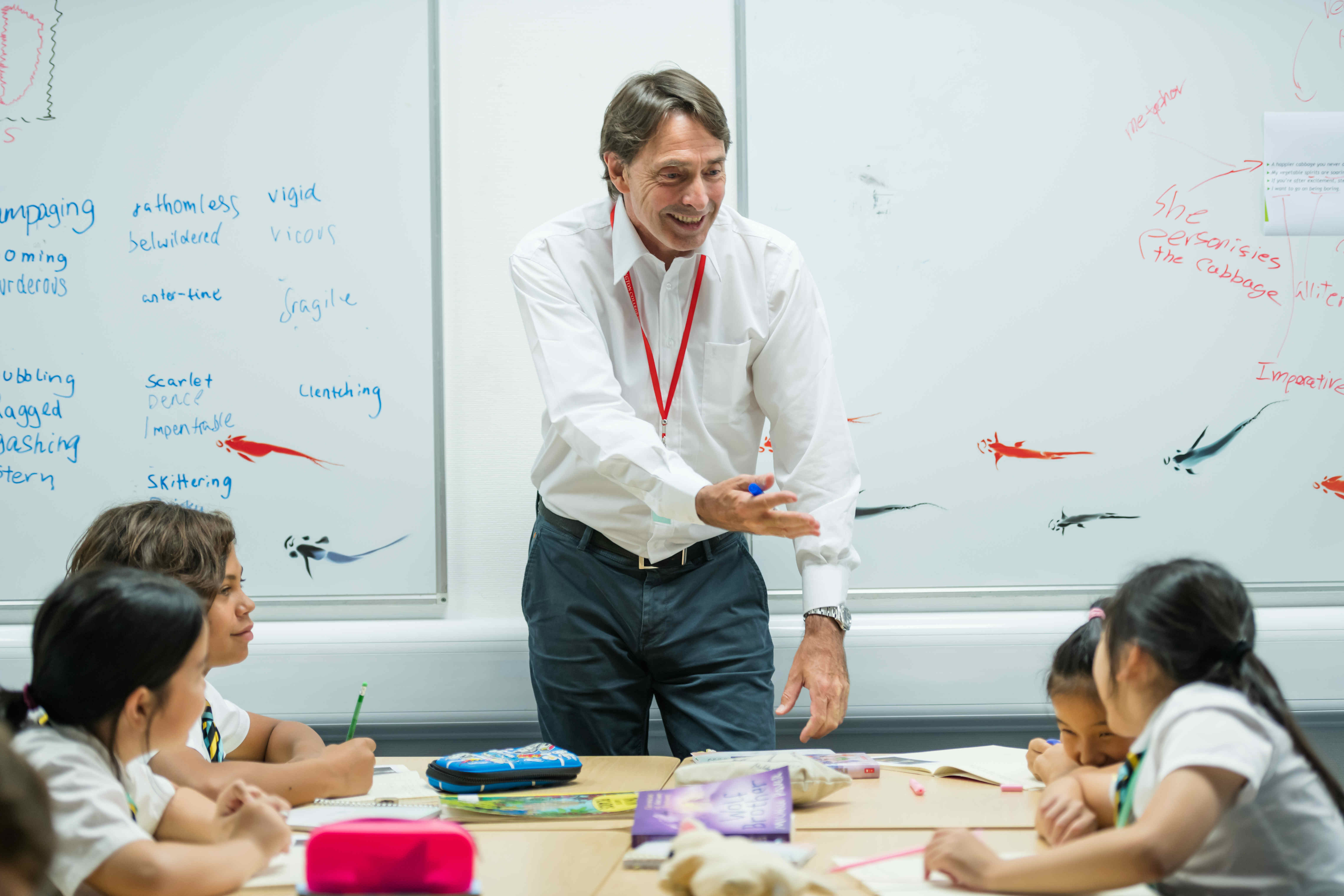 What have you been up to with the Wellington pupils during your visit?
What have you been up to with the Wellington pupils during your visit?
 What was the pupils’ overall response to the presentations?
What was the pupils’ overall response to the presentations?
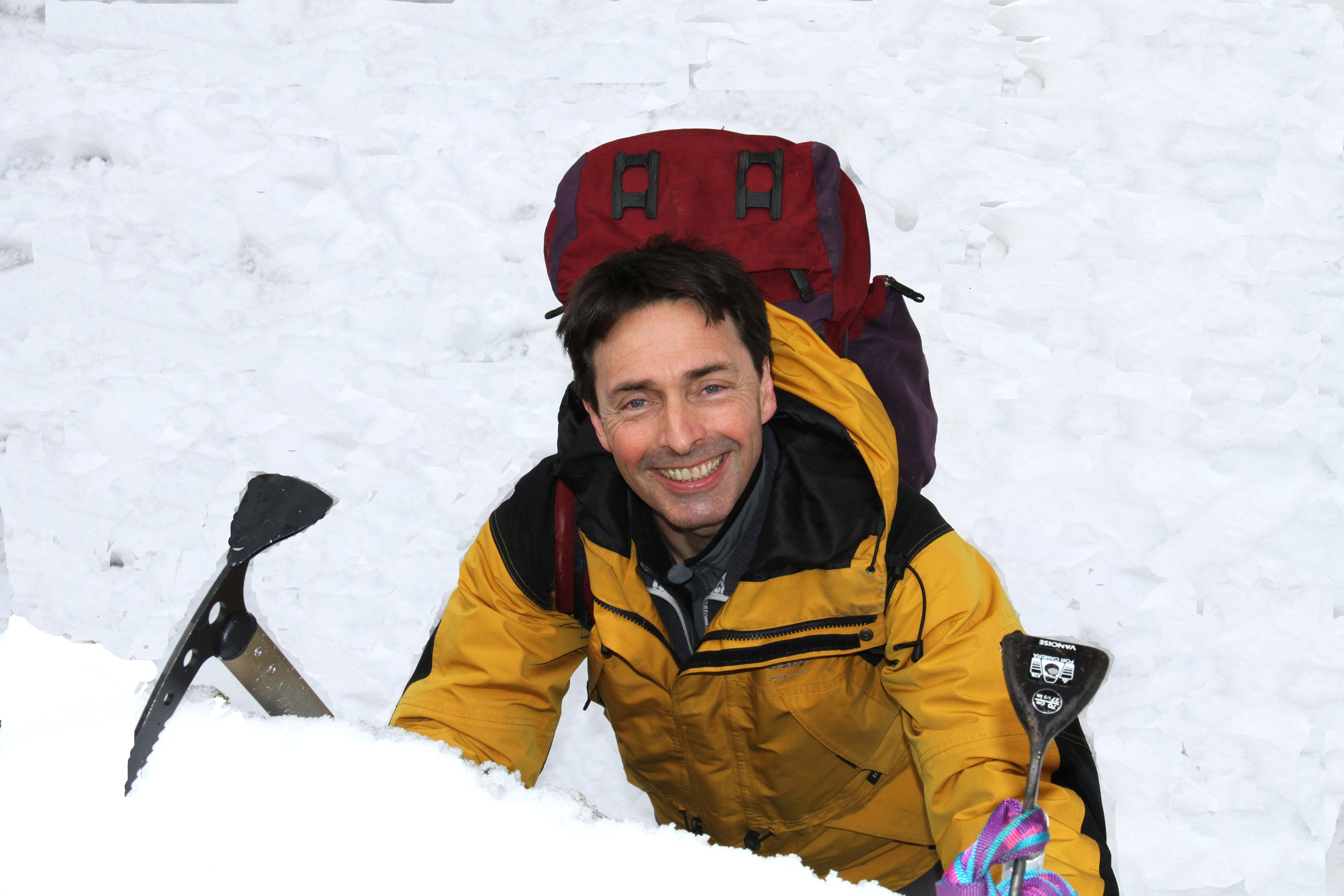 What do they want to know more about?
What do they want to know more about?
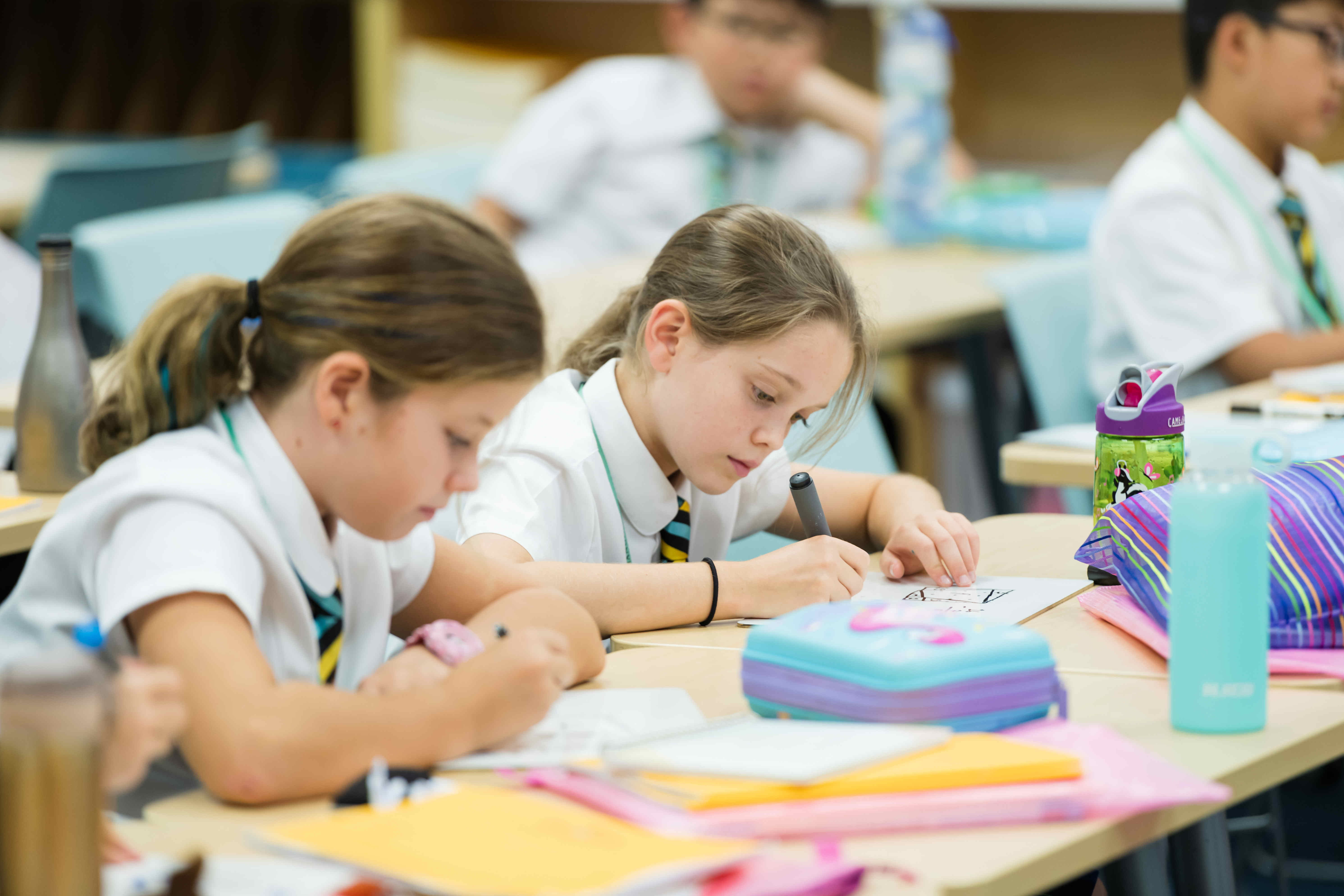 What about the creative writing workshops, how did pupils respond to those?
What about the creative writing workshops, how did pupils respond to those?
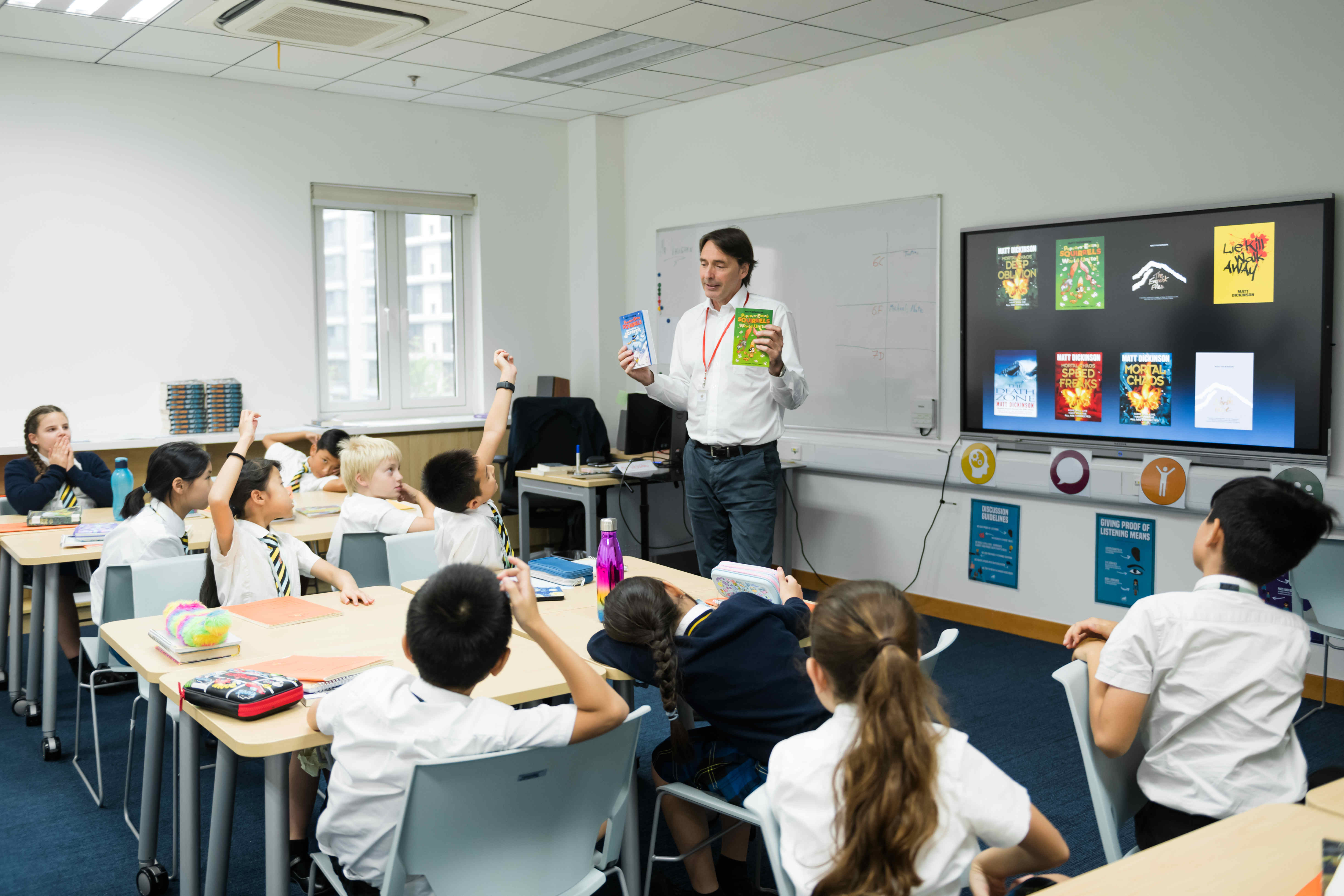 What do you hope the pupils will have taken away from their activities during your visit?
What do you hope the pupils will have taken away from their activities during your visit?
Related Articles

Pupil Sustainability Committee launches first-ever Fair27 May 2025
AlexYear 11,Chair of the Sustainability Committee Wellington College International Shanghai proudly hosted its first-ever Sustainability Fair, a pupil-led initiative created by the Sustainability Com
Read More

Our latest Grand Edventure: New Zealand and Samoa28 Feb 2025
Phil BurnellHead of Educational Excursions We are thrilled to announce the exceptional success of this years Grand Edventure, an unparalleled educational expedition that took pupils across the stunni
Read More

Pupil Leadership Team Q&A with UK Deputy Consul General13 Mar 2025
This February, we had the privilege of welcoming Ms Barbara Amono-Oceng, the British Deputy Consul-General of Shanghai, to Wellington College International Shanghai. It was an opportunity to hear her
Read More










